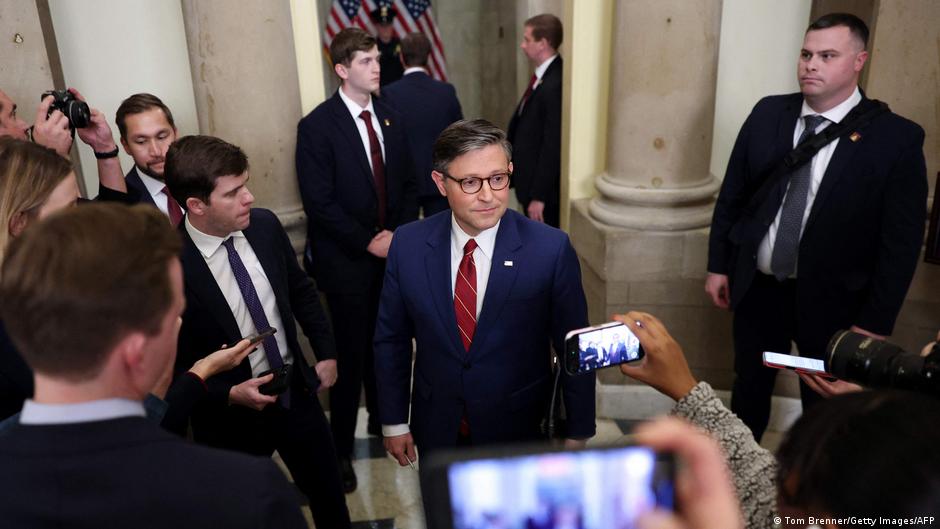The House of Representatives, the lower house of the US Congress, voted on Wednesday to pass a spending bill, ending the federal government shutdown after 43 days of impasse.
A few hours later, this bill was brought to the table of US President Donald Trump.
The President signed the bill, saying, “So with my signature, the federal government will now resume normal operations and my Administration and our colleagues in Congress will continue their work to lower the cost of living, restore public safety, grow our economy, and make America affordable again.”
This bill was passed in the upper house, Senate, on Monday.
In the House, 222 representatives, including six Democrats, voted in favor of the spending package, and 209 voted against.
Only two Republicans voted against the bill.
The transitional budget is meant to fund the US government until the end of January 2026.
historical closure
The US government came to a standstill on October 1 when Democrats and Republicans clashed over a Republican-drafted spending bill.
Democrats wanted to extend an enhanced tax credit that expires at the end of this year, which reduces the cost of health insurance obtained through the Affordable Care Act.
He refused to support the short-term spending bill, saying it would provide critical health care assistance for millions of Americans.
The shutdown ultimately became the longest shutdown in US history as it left hundreds of thousands of federal workers without pay, travelers stranded at airports and people forced to line up at food banks to get food for their families.
The impasse deepened partisan divisions within Congress, exposing differences of opinion as the House debated the spending measure hotly.
While the Senate is scheduled to vote on the tax credits under the new deal in December, Republican House Speaker Mike Johnson has made no such commitment.
Johnson blamed the House impasse before the vote on minority Democrats, saying, “They knew it would hurt and they did it anyway.”
He said, “The whole exercise was futile. It was wrong and cruel.”
Democrats say healthcare fight ‘is not over’
Last week, Democrat morale soared as they scored election victories in several states.
Many in the party thought the high-profile victory had strengthened his chances of getting an extension of health insurance subsidies.
However, a group of seven moderate Senate Democrats broke party ranks and voted to support the Republican deal to reopen the US government.
Democratic Representative Mickey Sherrill, New Jersey’s governor-elect, opposed the funding bill in his last address to the House.
He said, “To my colleagues: Don’t let this organization become a formal red stamp of an administration that takes food away from children and takes away health care.”
Meanwhile, Democratic leader Hakeem Jeffries said the minority party would not abandon the subsidy extension even if the vote did not go in their favor.
“This fight is not over,” Jeffries said. “We’re just getting started.”
Edited by: Sam Dusan Inayatullah






Leave a Reply